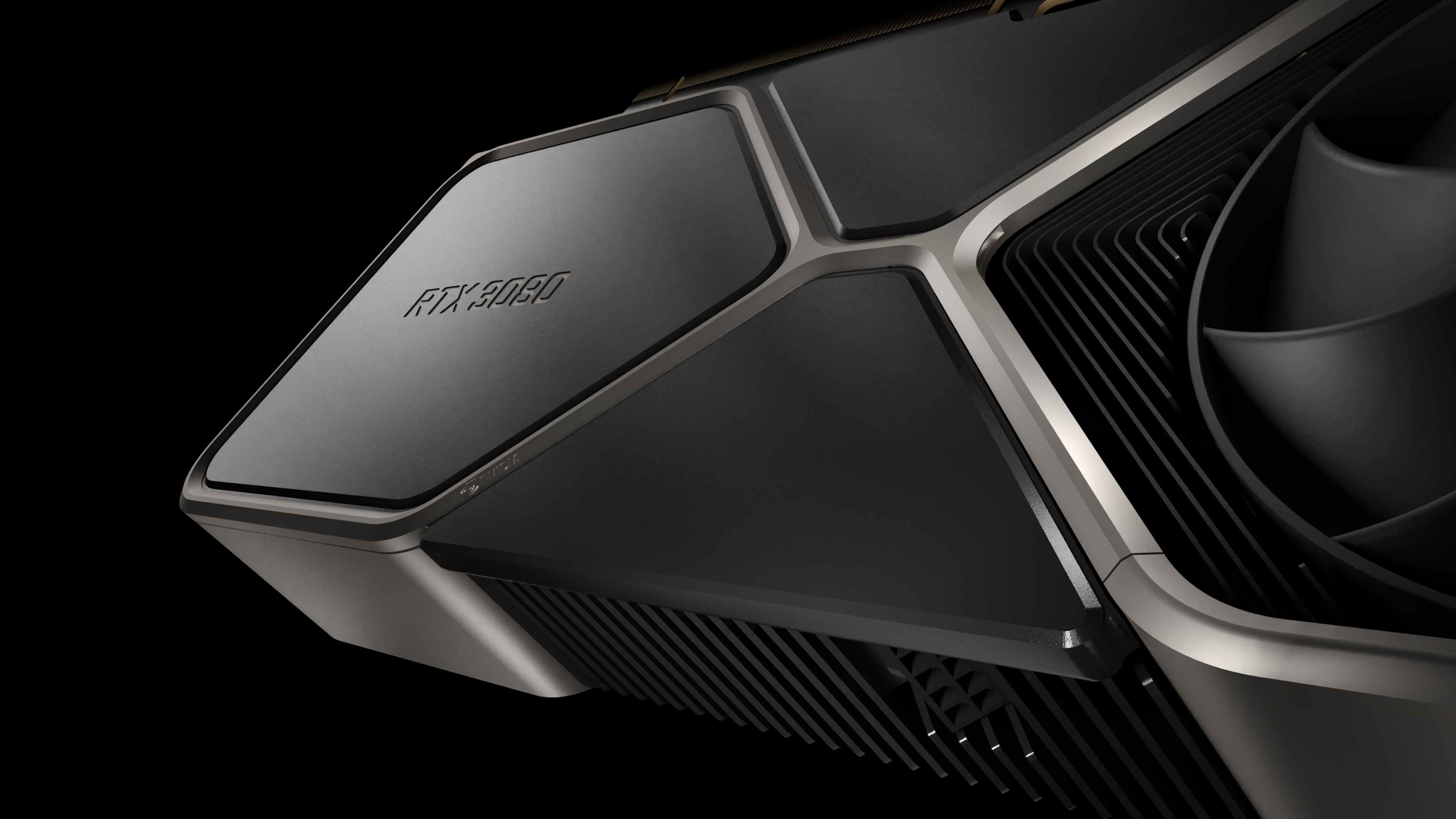Nvidia GPU sales plunge, which could be great news for consumers
A difficult time for the graphics card industry, and Nvidia in particular

Graphics card sales fell heavily – in terms of both discrete (standalone) GPUs and integrated ones (built into processors) – in Q2, and Nvidia’s line-up took a particularly heavy beating according to the latest from an analyst firm.
As Tom’s Hardware reports, Jon Peddie Research (JPR) has produced figures for Q2 2022 which show that overall GPU sales fell by 14.9% compared to the previous quarter, due to demand for PCs ebbing away – with the rising cost of living doubtless starting to play a bigger part in this.
Shipments of standalone graphics cards fell further than integrated, slumping by 22.6%, and Nvidia was hit hardest, with a 25.7% drop in sales for Q2. That’s in distinct contrast to a far less impactful drop for AMD of 7.6% compared to the previous quarter.
Intel dropped by 9.8% as integrated GPUs also fell, with the number of processors for PCs being shipped falling by 7% quarter-on-quarter (and 34% year-on-year, quite an eye-opening figure, too).
Those are some worrying dips, particularly for Nvidia, and the overall future for the GPU industry looks shaky as JPR observes, writing that: “Global events such as the continued war in Ukraine, Russia’s manipulation of gas supplies to Western Europe, and the subsequent nervousness those events create have put a dampener on Europe’s economy; the UK is in recession with high inflation.
“Forecasting has never been more challenging, and as a result, our forecast and others’ will get revised frequently as new data appears.”
Analysis: A claustrophobic and difficult time for Nvidia?
Falling graphics card sales underline what we’ve been hearing for a while now – that lack of supply is no longer the issue, but softening demand, particularly for Nvidia’s GPUs. Team Green made it clear enough in the aftermath of the firm’s recent fiscal results that too many GeForce graphics card have been made, and there’s now a problem with oversupply.
Get daily insight, inspiration and deals in your inbox
Sign up for breaking news, reviews, opinion, top tech deals, and more.
The really thorny bit regarding this overshooting with the manufacturing of current-gen RTX 3000 GPUs is that the cost of living and inflation crisis is making itself more strongly felt as time rolls on, plus the launch of next-gen graphics cards (RTX 4000, and RDNA 3 for AMD) is getting pretty near. So, folks are increasingly likely to want to wait for the big performance leaps that next-gen products bring, rather than buying right now – unless the price really is right.
Given all this, these figures – and that particularly dramatic drop for Nvidia – aren’t surprising, and they back up the recent assertion from the rumor mill that Team Green is going to be implementing much bigger price slashing measures than the reductions we’ve already seen. Indeed, we’ve heard that this is a move coming imminently – in September – from two reports now.
AMD is also said to be further discounting its current-gen RX 6000 cards, too, but it’s Nvidia in particular suffering the bigger sales drops as we see here, with Team Green caught in an unpleasant situation where the gap between current and next-gen GPUs is shrinking rapidly, making for a seriously claustrophobic environment with precious little room to maneuver.
That said, the theory is that big price cuts aren’t the only possible solution – Nvidia has said it could look elsewhere to offload the GPU oversupply, like data centers for cloud services – but in reality, we’re expecting some bigger GPU price cuts for cards on shelves soon enough, one way or another.
And with numbers coming in like this most recent report from JPR, it only seems more likely that Nvidia will take action on the pricing front – either that, or face having to delay the next-gen Lovelace launch, which is another possibility here. A staggered launch with bigger gaps between the RTX 4090 (supposedly out of the gate first) and other RTX 4000 models may happen, to leave more breathing room to shed excess RTX 3000 stock, possibly in combination with price drops for the latter.
Whatever the case, it’s looking increasingly like Nvidia needs to take some firmer actions to help navigate GPU waters which are getting increasingly choppy as 2022 rolls onward.
Darren is a freelancer writing news and features for TechRadar (and occasionally T3) across a broad range of computing topics including CPUs, GPUs, various other hardware, VPNs, antivirus and more. He has written about tech for the best part of three decades, and writes books in his spare time (his debut novel - 'I Know What You Did Last Supper' - was published by Hachette UK in 2013).